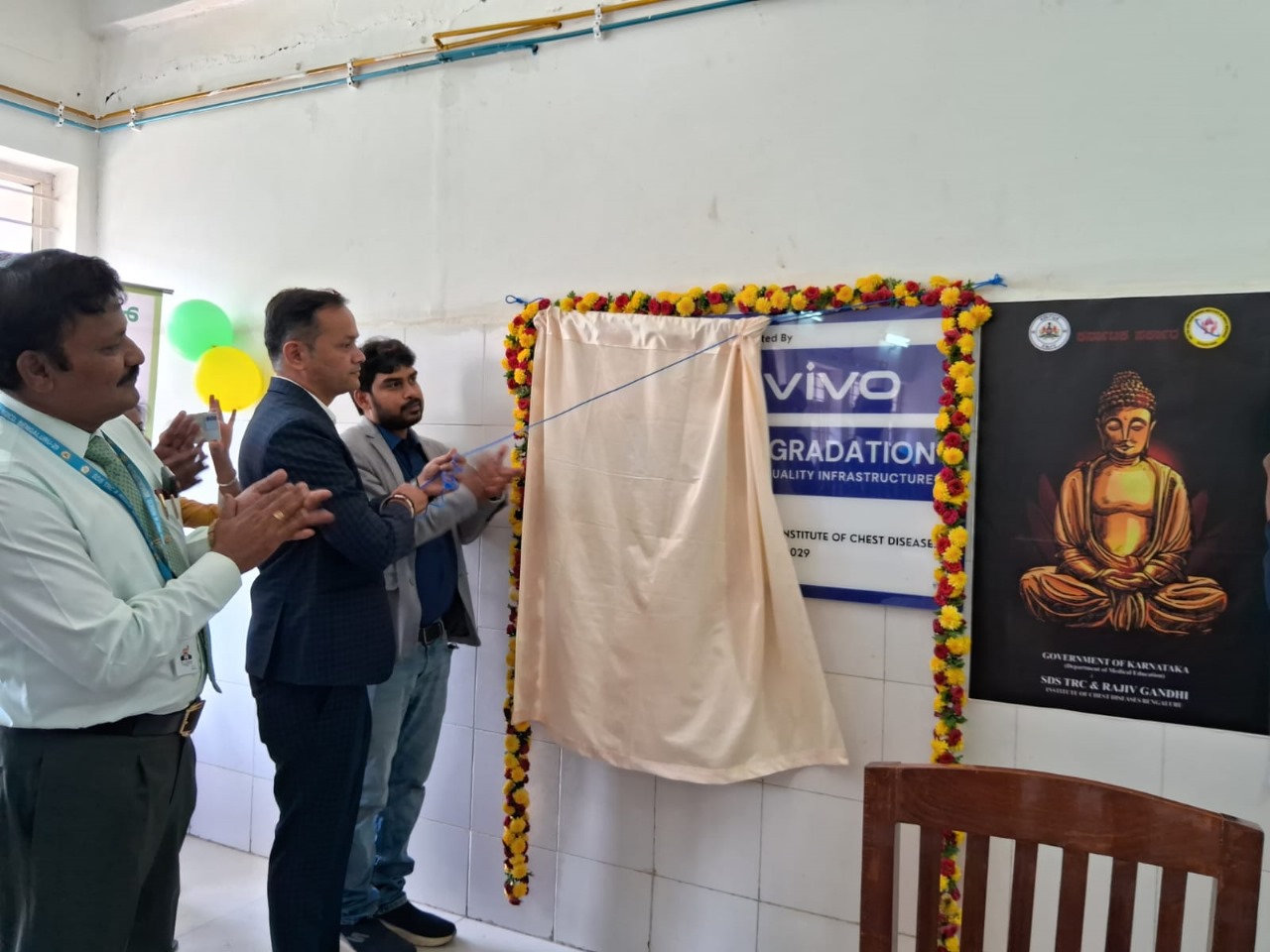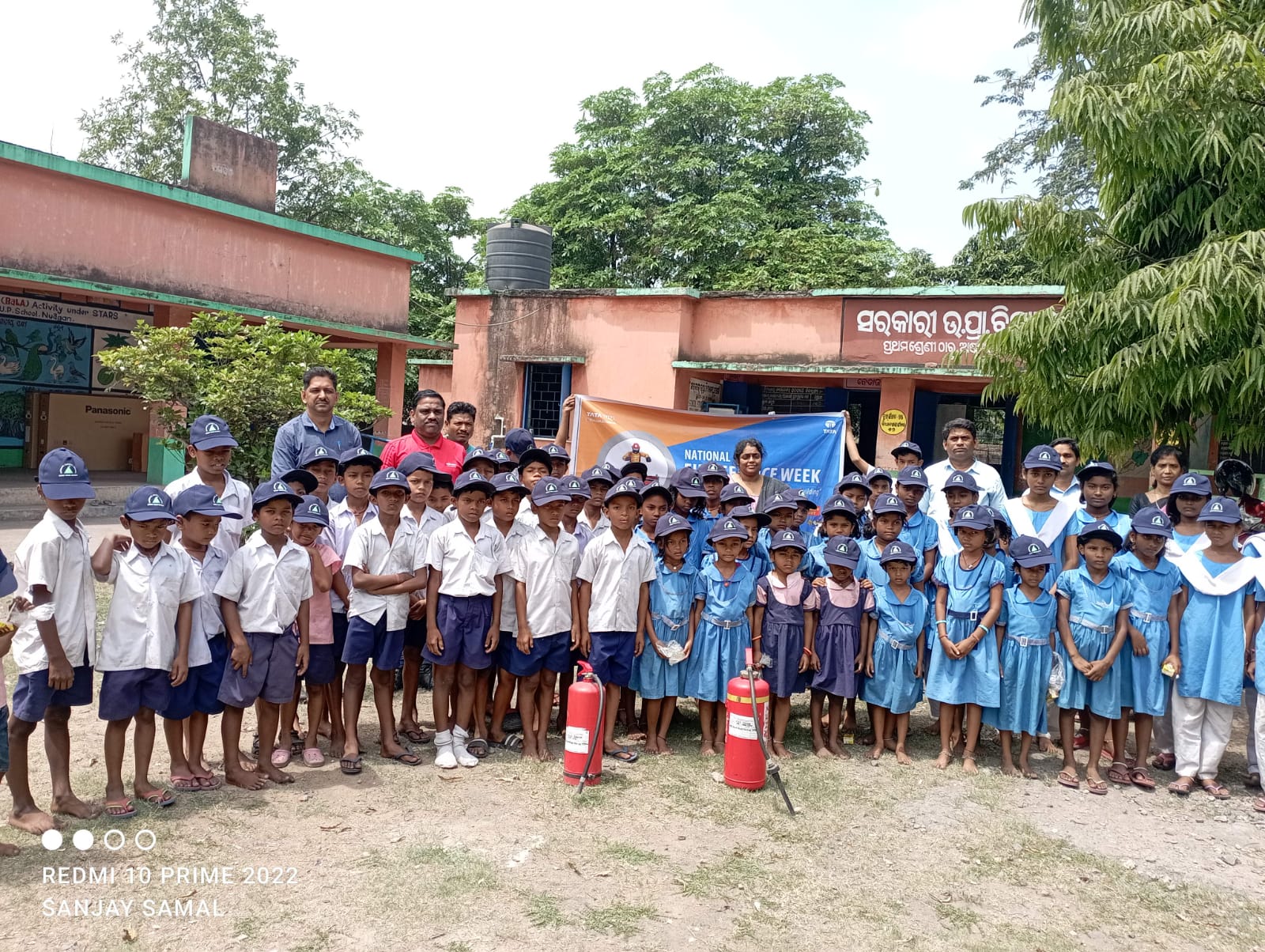Subscribe our Weekly Newsletter
Applications Invited for Eighth Cycle of the UNVTF Small Grants Programme Sub-grant programme two

Organization: United Nations Office on Drugs and Crime (UNODC)
Apply By: 31 May 2024
Grant Amount: 40000 USD
About the Organization
For two decades, the United Nations Office on Drugs and Crime (UNODC) has been helping make the world safer from drugs, organized crime, corruption and terrorism. We are committed to achieving health, security and justice for all by tackling these threats and promoting peace and sustainable well-being as deterrents to them.
Because the scale of these problems is often too great for states to confront alone, UNODC offers practical assistance and encourages transnational approaches to action. We do this in all regions of the world through our global programmes and network of field offices.
The Office is committed to supporting Member States in implementing the 2030 Agenda for Sustainable Development and the 17 Sustainable Development Goals (SDGs) at its core. The 2030 Agenda clearly recognizes that the rule of law and fair, effective and humane justice systems, as well as health-oriented responses to drug use, are both enablers for and part of sustainable development.
About the Grant
The United Nations Voluntary Trust Fund for Victims of Trafficking in Persons (hereinafter referred to as ‘UNVTF’ or the ‘Trust Fund’) was established by the United Nations General Assembly in 2010 as part of the United Nations Global Plan of Action to Combat Trafficking in Persons. The fund is victim-centred and aims to provide essential humanitarian, legal and financial aid to victims of trafficking in persons through established channels of assistance.
The UNVTF is managed by the United Nations Office on Drugs and Crime (UNODC) and benefits from the strategic guidance and expertise of a five-member Board of Trustees, appointed by the UN Secretary-General for a three-year term. Since its inception in 2010, the UNVTF has awarded over USD 6 million in grants to more than 162 CSO projects in over 60 countries, directly impacting the lives of over 80,000 victims of human trafficking.
Trafficking in Persons:
The Protocol to Prevent, Suppress and Punish Trafficking in Persons, Especially Women and Children (UN Trafficking in Persons Protocol), supplementing the United Nations Convention against Transnational Organized Crime defines human trafficking as “the recruitment, transportation, transfer, harbouring or receipt of persons, by means of the threat or use of force or other forms of coercion, of abduction, of fraud, of deception, of the abuse of power or of a position of vulnerability or of the giving or receiving of payments or benefits to achieve the consent of a person having control over another person, for the purpose of exploitation.” Trafficking in persons is a heinous crime that treats people like commodities. Every year, thousands of men, women and children, of all ages and backgrounds, fall victim into the hands of traffickers, in their own countries and abroad. The UN Trafficking in Persons Protocol entered into force twenty-one years ago and while progress has been achieved, responses need to sharpened. The United Nations Office on Drugs and Crime (UNODC) serves as the guardian of the UN Trafficking in Persons Protocol. For the first time in the 20 years that UNODC has collected data on trafficking in persons, we registered a decrease in 2020 in the number of victims detected globally. This could be attributed to main factors such as the reduced capacity in detecting trafficking victims or that victims of sexual exploitation were moved to more concealed locations, making it more difficult for law enforcement capacities to detect or even identify victims. The report also details how war and conflict offer opportunities for traffickers to exploit. People fleeing crises situations are vulnerable to different forms of trafficking due to the displacement context and attendant vulnerabilities during the journey and upon arrival in a country of destination. The vulnerabilities to trafficking of girls, boys, women and men arise from the conflict itself, due to lack of opportunities for income generation, interruption in the provision of essential services such as healthcare and education, issues with rule of law, internal displacement, and the risk of exploitation in armed conflict. Similar challenges and risks are also faced by vulnerable groups in other crisis situations, that could also include natural disasters. In addition, as development actors, CSOs are often the main service providers in countries where the government is unable to fulfil its traditional role. However, in many cases civil society organizations lack technical and organizational capacities to effectively and efficiently implement programmes on ground. Weak capacities also impact networking, fundraising abilities, planning, and governance, of civil society, ultimately adversely affecting the end-beneficiaries on ground, including trafficking survivors and vulnerable populations.
This Special Window Call for Proposals will specifically target CSO interventions supporting human trafficking victims across the Asia-Pacific.
The Asia and the Pacific is home to around 60 per cent of the world’s population. The region also contains some of the smallest populations on the planet, especially among the Small Island Developing States in the Pacific. Countries in Asia-Pacific serve as prominent origin, transit and destination countries for women, children and men being trafficked. Most of the trafficking takes place for commercial sexual exploitation where women are being forced into unprotected sexual acts with multiple partners. In addition, there has been a rise in demand for domestic help at a time when human labour is becoming expensive. In recent years, a growing number of organized crime groups across Southeast Asia have diversified extensively by recruiting hundreds of thousands of workers, using the promise of lucrative employment and professionalized recruitment schemes, and forcing them into criminal cyberfraud operations.
While data and studies on trafficking in persons in Asia have increased over the past decade, there are still lack of information on the prevalence and nature of human trafficking in the Pacific Islands. Trafficking in persons within, into and out of this area is suspected, but there is still not enough known about the crime and possible victims may be going unseen. In a recent UNODC study, it is estimated that roughly about 12,000 people across six Pacific islands face severe forms of trafficking over the course of five years, or roughly 2,400 victims per year.
In the context of the above scenarios, the UNVTF proposed to launch a special window Call for Proposals with the aim to support high-impact, medium duration interventions with the support of experienced frontline civil society organizations aiding human trafficking victims (mainly women and children) for a minimum of eighteen and maximum duration of twenty-one months.
Objectives:
This Special Window Call for Proposals takes into consideration the importance of harnessing all available resources towards the implementation of activities aimed at meeting the objectives of this Grants programme.
The main objectives of this Grants programme are:
- to provide direct assistance and protection to vulnerable victims of trafficking in persons
- to improve health and well-being, facilitate social integration and prevent re-trafficking amongst vulnerable victims of trafficking in persons
Thematic focus and priority issues:
This call for proposals seeks to provide funding support to not-for-profit organisations working in the area of trafficking in persons whose projects are aimed at providing comprehensive medium-term direct assistance for vulnerable victims of trafficking in persons.
Priority shall be given to projects that target the following population:
- Women and Children; and
- Those most left behind, including underserved groups especially excluded or disadvantaged victims of human trafficking (such as persons with disabilities, LGBTQI, internally displaced and refugees, indigenous, members of ethnic minorities, and those spread across small island developing states).
Priority shall be given to projects that adapt programmes or design interventions:
- Facilitating early identification of human trafficking victims;
- Integrate use of innovative strategies, partnerships, and technologies supporting appropriate victim assistance;
- Integrate survivor-focused financial inclusion and economic empowerment approaches to support victims’ rehabilitation and reintegration to society.
- Promote engagement with persons with lived experience of trafficking and taking into account trauma-informed responses for victims’ reintegration into society.
Priority shall be given to projects that target human trafficking victims identified in the following situations:
- persons identified among large movements of refugees and/or migrants, including internally displaced persons where conflict, post-conflict and continued instability caused by sociopolitical tensions or a breakdown of law and order.
- persons identified in or fleeing areas that has been affected by the spill-over of climate change related displacement.
- persons targeted by organized crime groups into forced criminality, including criminal cyberfraud operations (online scams/ pig-butchering/ financial grooming/ task scams/ sextortion etc)
Priority will be given to the following type of applicants:
Victim-centred organizations (to be considered as a ‘victim-centred organization’, the organization must demonstrate that its core work is in the field of providing assistance to victims of human trafficking, that places rights and dignity of victims, including their well-being and safety at the forefront of all their efforts. The organization’s official mission and vision statements must reflect this commitment.
Activities that will be given priority include:
- medical assistance
- material assistance in the form of food, clothing etc.
- immediate, safe and short-term shelter
- legal advice and representation aimed at securing legal status and/or remedies
- psychosocial assistance
- education and/or vocational training
- assistance with family reunification and/or repatriation with full consent of the victim
Duration:
All activities financed by this sub-programme must be implemented between eighteen to twenty-one (18-21) months.
Award amounts:
Proposals with budgets up to USD 40,000 will be considered for award. Please note that value for money will be assessed as a part of the rating criteria.
2% of the budget amount will be reserved/held for monitoring visit of UNODC to the awarded project. Grant awards will not exceed the entity’s annual income for the previous fiscal year.
Applicants’ financial management capacity will be assessed in this respect.
Eligibility
In order to be eligible for a grant, applicants must:
- be a non-profit making organisation (CSOs, CBOs) registered under the relevant Laws of the country where it is registered and in the country where it will be implementing the proposed project;
- have been registered by1 January 2022;
- be directly responsible for the preparation and management of the project, i.e. not acting as an intermediary;
- demonstrate prior experience of at least two (2) year implementing activities in the area of direct assistance to victims of trafficking in persons in line with the Protocol to Prevent, Suppress and Punish Trafficking in Persons, Especially Women and Children, supplementing the United Nations Convention against Transnational Organized Crime or in providing other services to vulnerable populations including IDPs and forcibly displaced persons;
- Provide at least two reference letters from past or current donors/ government partners with contact details.
- complete registration and pass verification in the UN Partner Portal (UNPP) with a valid Partner ID;
- have a bank account in the organisation’s name;
- confirm that the organisation takes appropriate measures to prevent sexual exploitation and abuse and signs the Partner declaration form.
Eligibility of projects:
Only projects aimed at achieving the objectives, focusing on the priority issues and meeting all other requirements as outlined under section 1 are eligible for funding under this Call for Proposals.
• Projects should be time-bound (have discernible start and end dates), and have a specific, finite objective that does not require further funding to sustain results over time. Costs, activities and beneficiaries of the proposed project must be distinguished from those relating to the applicant’s other operations.
How to Apply
Applications must be submitted by email to unodc-victimsfund@un.org titled
Application for UNVTF Small Grants Programme 2024
The deadline for the submission of full project proposals is 31 May 2024, 23:59 (CEST) as evidenced by the date of receipt of submission email.
For more information please check the Link
Stay in the loop with the newest RFPs and Grants through NGOBOX's WhatsApp Channel. Join now by clicking here!
Latest Online Store
Latest Tenders And EOIs
Latest News
© Renalysis Consultants Pvt Ltd


























